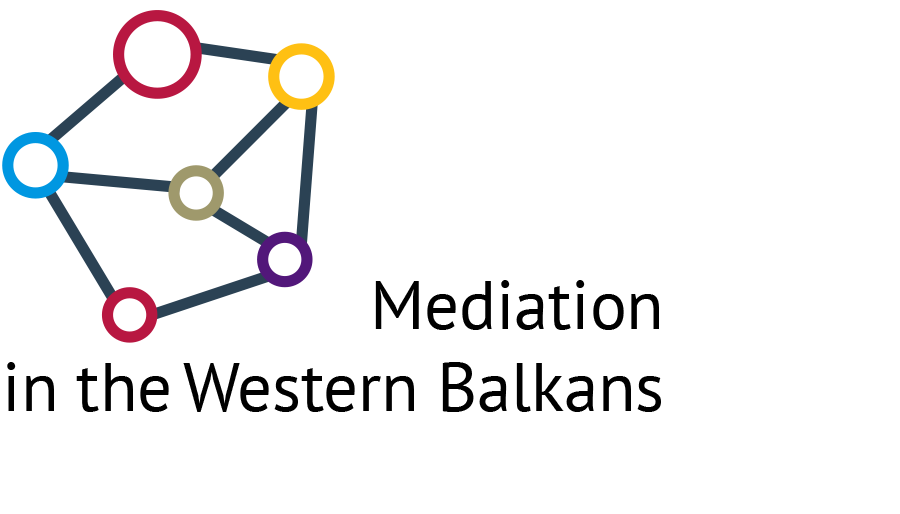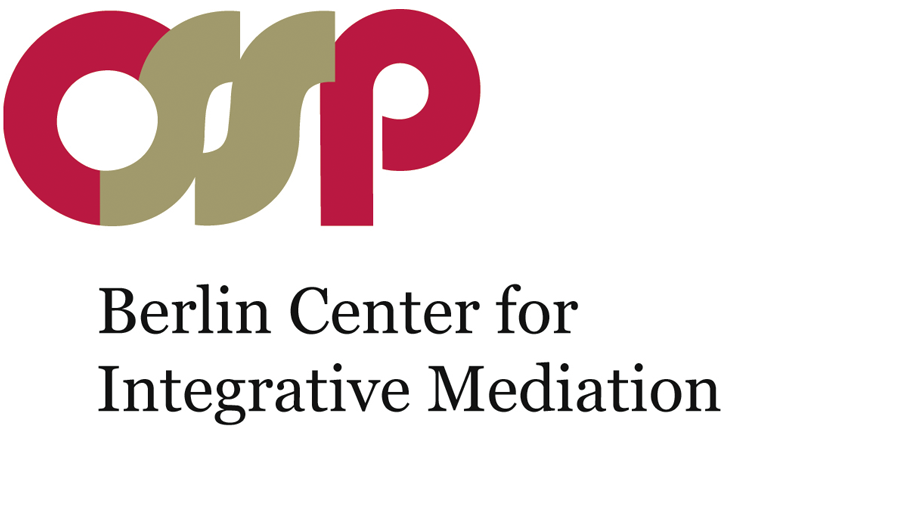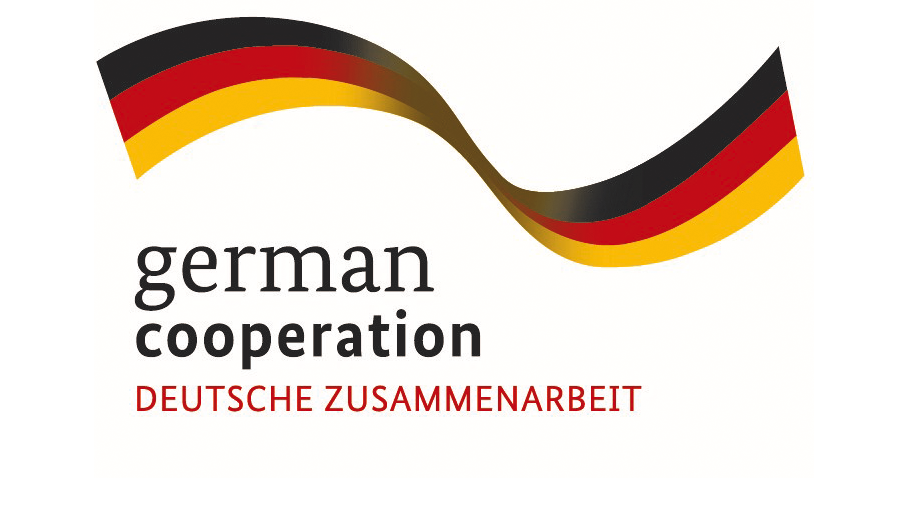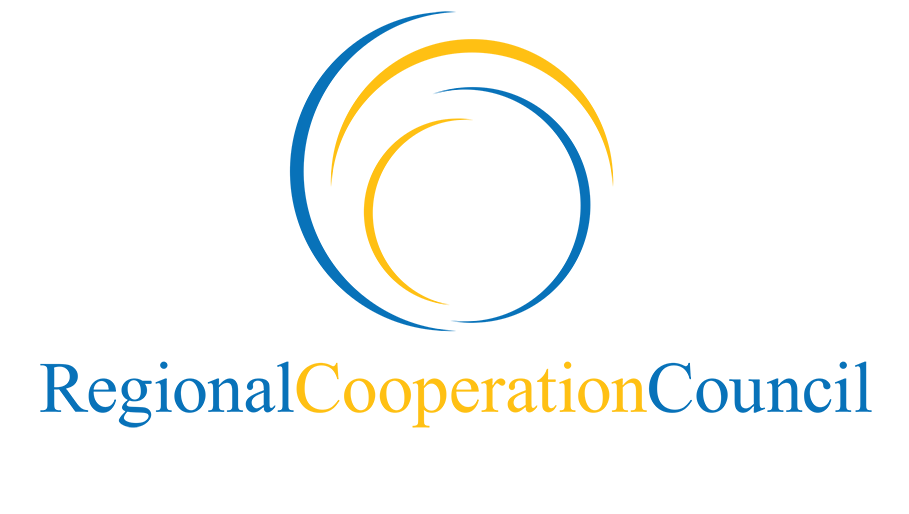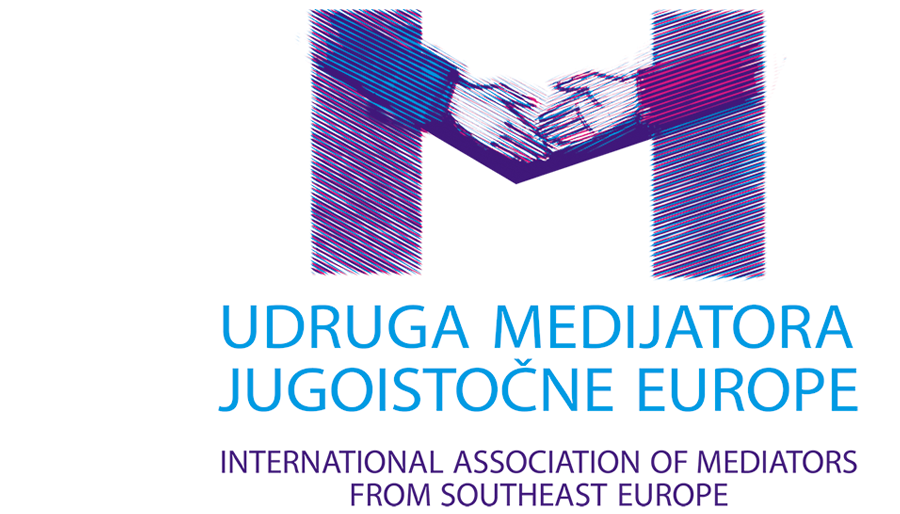In last three years, Macedonian society has marked an exclusively positive trend in development of mediation, which can be easily compared to the past period in relation to number of cases mediated, i.e. agreements reached between parties. Mediation is very little known to the population as a procedure that can be utilized in dispute resolution, and on one the one hand we, as mediators and the Chamber, have been forced to work on continuous promotion, especially among certain categories of the population, such as business communities and public sector on the other hand.
In order to achieve a wider presence in the Macedonian society and to be able to promote mediation as a procedure with advantage in relation to court proceedings, the Chamber of Mediators had signed a Memorandum of Cooperation with the Government of Republic of North Macedonia. The Government has issued a conclusion requesting all public sector actors to utilize mediation in dispute resolution, emphasizing that the implementation of such a mechanism significantly saves budget funds. A year later, experiences of the North Macedonian mediators are positive, having in mind that majority of the society, especially business communities, remain not well informed of advantages of mediation in relation to the court proceedings.
In relation to the types of disputes, mediators point out that legal entities and private persons reach out to mediators mainly when involved in commercial, labour and trade disputes. The North Macedonia mediators have demonstrated and proven in practice what was being said publicly in the last three years through media and expert articles, namely that the mediation proceedings are efficient, cost effective and desirable for all, while reporting three thousand (3,000) mediation agreements reached, a record achievement in the region. We are expecting the image of mediation in Macedonian society to improve significantly in the future, and that a positive perception of possibilities to reach justice or a just solution through mediation will be created.
Citizens and the business sector have been less and less certain that the justice system could bring them justice, being disappointed with the time-consuming court proceedings, along with the tendency to doubt expertise of certain judges. Negative evaluation of the work of courts “goes hand in hand” with mediation- therefore there is a need for an organized and continuous public campaign on benefits of mediation. Most probably, through information campaigns and citizens education, followed by legal changes and creation of conditions for development and implementation of mediation in disputes resolution, we objectively hope that mediation would become a first choice for the parties as oppose to court proceedings, and we are realistic in our expectations that it can become a true path towards amicable agreements between parties. The Chamber of Mediators will enhance its activities towards promotion of mediation aimed at raising the awareness among entrepreneurs that mediation has been a rational and reasonable process, as well as that a timely dispute resolution is a basis for business growth. In the course of the implementation of a project with the European Policy Institute, the Judges and Prosecutors Academy and the Federation of Mediators of the Netherlands, supported by the Embassy of the Kingdom of Netherlands in the Republic of North Macedonia, the Chamber of Mediators is going to implement numerous activities in promotion of mediation and training over a two-year period.
Based on experiences of countries in the region, there are the following conclusions that can be derived from it: There are countries with an oversized production of mediators and an inappropriately low number of mediation procedures, so the number of disputes resolved remains low. In several countries, mediation is mandatory in several fields, including court referrals. Countries in which mediation attempts are not mandatory believe that changes in the normative framework could contribute to a wider implementation of mediation within society, at the same time increasing the number of cases for mediation. Without any exception, they all believe that the level of public awareness of benefits of mediation should be increased, while some think that mediation should be introduced into school curricula in various levels of education, while yet other suggest for mediation to be introduced as a mandatory subject for law students.
With an increase in public awareness and the education of citizens, businesses and thepublic sector through lectures and training, we could expect improvements in the social atmosphere in favor of mediation within the Macedonian society.
A special feature of the development of mediation in the Republic of North Macedonia in relation to the region, is the establishment of a Committee for Mediation and Mediation Exams and Licensing, which is regulated by the 2013 Law on Mediation. Analyses made in the course of that period evaluate previous practice as poor, at the same time providing options for overcoming it. One of it referred to changes of the law and the introduction of a mediators’ exam. Today we can proudly say that the selection of mediators is a key factor in the creation of quality mediators. With the latest hyperproduction of mediators, neither the Chamber nor the state institutions can follow the ways in which mediators operate in the Republic of North Macedonia.
The Republic of North Macedonia has a vast experience and represents a history we would not want to re-live and which countries of the region are going through now, looking for ways to overcome such situations. As an example of how serious the problem we had solved was, I shall point out the following data, which states that since 2006 til 2016, in a 10-years period, in North Macedonia there were around 100 cases solved through mediation out of 170 mediators that were registered with the Mediators’ Registry. Today we can proudly say that 46 mediators have solved over 3,000 disputes in less than 4 years. You can assume the extent of savings in time and money with a mediation agreements achieved, while parties did not end up in court – based on our analyses the difference in costs of a labour dispute before the court amounts to 1 to 10 in favor of mediation. A special news that could make us all really happy is that the majority of disputes resolved, relate to labour disputes in which mediation is not mandatory but on a voluntary basis. However, as I have pointed out, we are aware that mediation requires assistance from the state institutions in terms of the creation of conditions in order to advance and legally support raising awareness of the citizens about the possibilities of mediation.
The Mostar Conference, as well as other similar conferences held in Zagreb, Sarajevo and Skopje, have a mission to promote mediation in the region. In the capacity of Vice-President of the South East Europe Association of Mediators, with several member countries in our region, I would like to emphasize that this cooperation can intensify in the future for the benefit of all of us mediators. By publishing expert articles written by mediators from the region, interviews and other written forms on the websites of all regional Chambers of Mediators we could boost public interest in mediation, as well as meet various people and exchange on mediation. At the same time, as President of the 4R Institute, the very first association accredited for training in mediation in North Macedonia, I would like to point out that I regularly publish contents related to mediation on the website and Facebook page of the 4R Institute, which contributes to a wider presence of mediation in public.
In public, our main message will be: “By applying mediation, business grows – by developing mediation we create a better society.” One should be optimistic that mediation will become a key weapon and tool in the hands of citizens in achieving fair solutions to disputes. In the long run, we want mediation to be the first choice for the parties in a dispute on a voluntary basis, create a practice of cooperation and reduce the degree of division and conflict that is fundamentally supported by case law. I think that if we have regular and concrete cooperation all year round, we can connect the region through mediation.
_________________________________________________________________________________________________________________________
About the Author: Slave Mladenovski is the President of the Chamber of Mediators of the Republic of North Macedonia
Profile: https://www.balkanmediation.org/people/slave-mladenovski/
